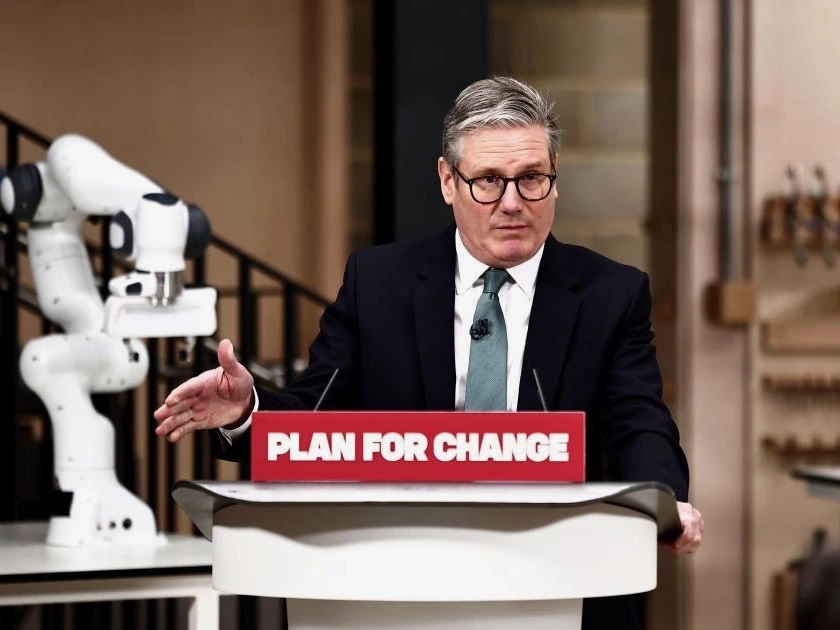- • Clifford spearheaded the government’s AI Opportunities Action Plan and helped to establish the AI Security Institute.
- • Critics warn of continued friction between AI ambitions and creative industry protections.
What happened: Keir Starmer’s AI tsar bows out early
Matt Clifford, a prominent tech investor and head of Entrepreneurs First, announced he will step down as Keir Starmer’s AI adviser at the end of July, after only six months in post. He cited “personal and family reasons”, describing it as a “privilege” to author the government’s 50-point AI Opportunities Action Plan, which was adopted in full. The plan includes transformative ambitions: the creation of AI growth zones, embedding AI within the public sector, nurturing “national champion” AI firms, and reforming copyright laws to support AI training.
Clifford played a key role in founding the AI Security Institute—formerly the AI Safety Institute—and organising the 2023 Global AI Safety Summit. During his tenure, he also agreed to abstain from trading or investment decisions at Entrepreneurs First to avoid conflicts of interest. A government spokesperson confirmed his departure would not derail the agenda, stating ministers remain committed to building on his blueprint.
Also Read: UK eases AI research rules to drive innovation
Also Read: SoftBank acquires Graphcore, boosting UK AI chipmaker’s future
Why it’s important
Clifford’s departure comes at a pivotal moment. The government has committed to “mainlining” AI across society—boosting public computing power, unlocking NHS and cultural datasets, and rolling out AI in sectors from teaching to highways. Peter Kyle, Shadow Secretary for Science and Innovation, recently announced industry-led training for 7.5 million UK workers by 2030 to close the “generational” skills gap. Without strong political leadership, however, implementation risks faltering.
Moreover, Clifford’s stance on copyright reform—allowing AI firms to use protected material unless creators optout—has inflamed tensions with the creative sector. Campaigners such as Baroness Beeban Kidron argue this threatens authors’ livelihoods, and the Lords recently triggered delays in the Data Bill to push back. With Clifford gone, the government must redouble efforts to reconcile innovation with protections for creative professionals.
Still, Clifford’s departure could open space for fresh leadership. A successor might recalibrate the balance—steering the agenda with greater finesse on regulation, ethics and public engagement, rather than mere technological progress.

